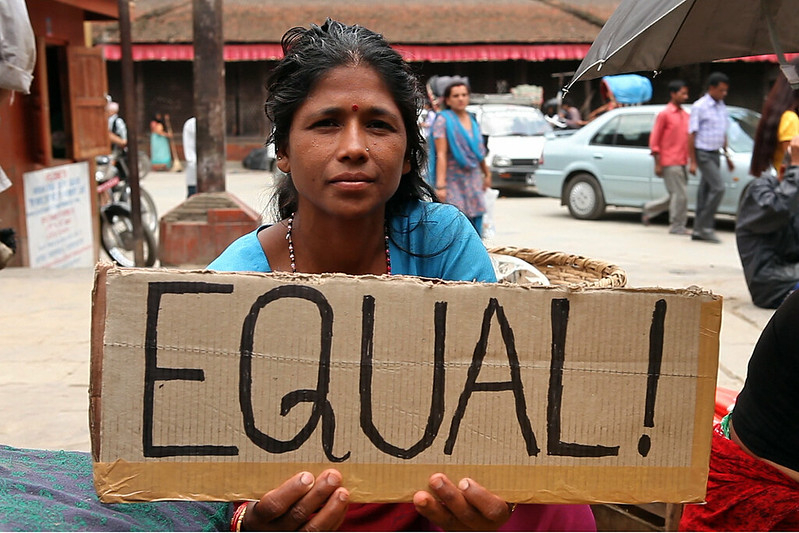Background
Despite having different scales and types of public spaces with considerable women engagement in the past in traditional core areas of Kathmandu, the newly expanding city lacks public spaces that includes the current day needs and necessities of women in general. The limited number of open spaces often lack streetlights and security provision (CCTV camera / security personnel) that questions safety of women at night times when there are maximum chances of increased crime rates. There are very few public toilets and those that are there are rarely provided with water supplies and sanitation facilities. This has been discouraging females to use parks and other public amenities. The public buildings are also often gender blind that shut eyes to the requirements of women and people with disabilities. The limited public transportation is another factor that adds to limiting women to use public spaces in the given time frame only.
The Ministry of Urban Development (MoUD) has prepared GESI Operational Guidelines, 2013 which aims to provide increased access of women, poor and excluded communities to urban development resources and its benefits. However, despite several efforts to internalize the GESI agenda at project level, the real participation of women in urban development and governance is still lacking. Thus, post-earthquake reconstruction phase should be grasped as an opportunity to recreate urban spaces and policies with gender inclusion addressing the needs and necessities of people of all age-group, gender and abilities.

The City for Women Laboratory
Within the post-earthquake reconstruction portfolio, the UNOPS Nepal Office is providing socio-technical assistance to individual households, developing innovative approaches to retrofitting earthquake-damaged homes and delivering services to the most vulnerable households, ensuring nobody is left behind.
Taking the opportunity of the post-earthquake and post-covid recovery, UNOPS Nepal and Cities Alliance plan a series of online and off-line laboratories that bring national and local institutions, women-led organizations and other key stakeholders to collectively explore potential ideas for women empowerment in urban planning and policy and to think together about the city they want in the future.
Roadmap
In August, UNOPS and Cities Alliance will organise a key stakeholder meeting to discuss indicators and methodological approach to assess the inclusion of women in city policies and programmes. In September, partners will distribute an individual survey and organise collaborative workshops with local stakeholders to assess how the city's infrastructure and services are supporting women in their daily lives. In January, UNOPS and Cities Alliance will assist women's groups to perform spatial assessments of public spaces and neighbourhood amenities and provide recommendations. The results of this engagement will inform the development of new towns in the Kathmandu Valley and recovery plan.
Photo credit: Photo credit: Miriam Gomez Blanes






